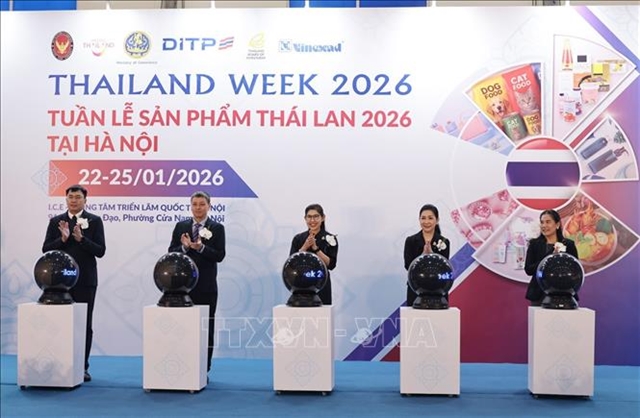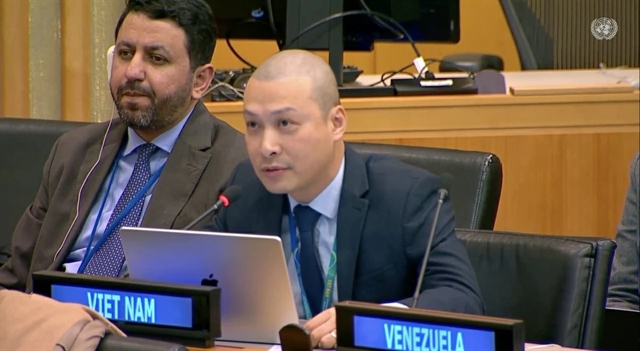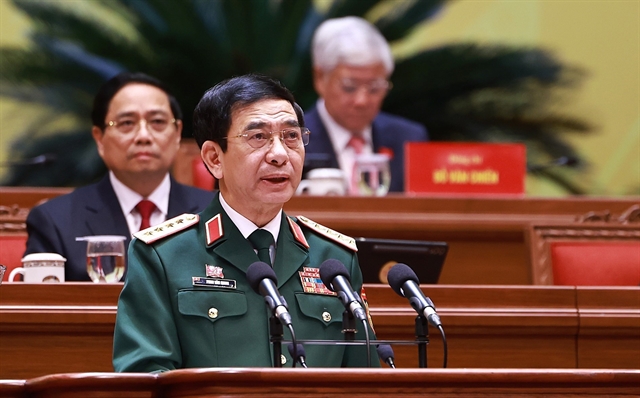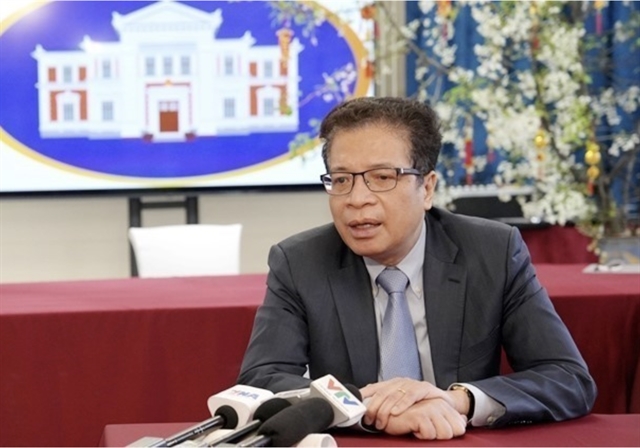 Opinion
Opinion
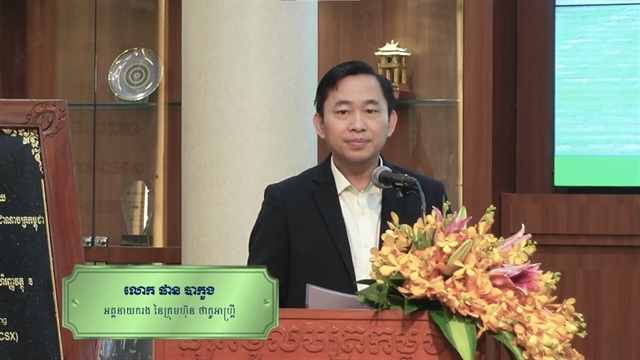
Lê Trường Tùng, President of FPT University, talks to the Giáo dục Việt Nam online publication about some proposed changes in the 2018 revision to the Law on Higher Education
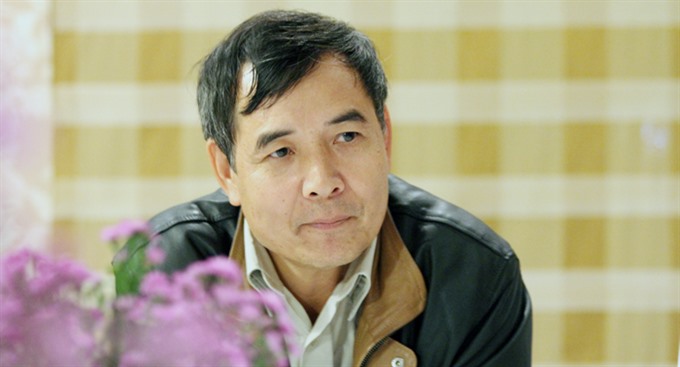 |
Lê Trường Tùng, President of FPT University, talks to the Giáo dục Việt Nam online publication about some proposed changes in the 2018 revision to the Law on Higher Education
The Ministry of Education and Training is expected to submit to the National Assembly the revised Law on Higher Education in 2018. Do you know what the key amendments will be in the revised law?
As we all know in the fast-changing world, particularly given the impacts of the 4.0 revolution, tertiary training programs should be adjusted along the lines of open courseware. When deeper international integration is taking place, the students’ independent learning skills and learning for life will become more important. In such context, tertiary education world wide, including in our own country, has to change.
In my opinion, in the future revised Law on Higher Education, we should not differentiate the concepts of “formal” and “continuing education”. In continuing education, the students can go to university while continuing do certain jobs or following distance learning courses or online courses.
However, in our current education system, even students enrolling in the formal education can also follow courses on “learning while studying” or online courses.
Based on these facts, the Ministry of Training and Education has recently started to combine the “formal” and “continuing education” into one form. That means there is no differentiation in the pre-exams for formal or continuing education programmes. As a result, the diplomas awarded to graduates from the “formal” and “continuing education” programmes will have the same validity.
In your capacity as the President of the Management Board of the FPT University, what changes do you suggest in the revised law?
In my opinion, in the future law we should not differentiate between public and private universities as their names only reflect the identities of their initial investors. They both have the same function, social responsibility and rights to autonomy.
Of course, the investor in a private university must be an organisation (a company or a fund), not private individuals. The investors will then become shareholders of the company investing in the university, not the university’s investors.
Many people have suggested that the issue of university autonomy should be emphasised in the revised law. Do you agree?
I can’t agree more! Autonomy is an essential element in our current tertiary education nowadays.
To have an autonomy mechanism, it is important to have a transparent legal corridor for the university to practice their autonomy rights. Of course, we also need a post check mechanism and a social supervision system. In addition, it is a must that the old mechanism of ask and give must be eliminated.
Will you please further elaborate the relationship between the University Party Committee and the University Council?
In all Vietnamese universities, besides that University Council, there are many other organisations.
Article 13 of our current Law on Higher Education says that all organisations, including the Party Committee, mass organisations and social organisations must operate in line with the constitution and other laws as well as their organisations’ charters.
The operation of the University Council is based on the principle of majority votes. In a public university, members of the University Council, include a Principle, deputy-principles, Secretary of the University Party’s Committee, President of the University Trade Union, Secretary of the University Youth Union and others.
However, for a private university, besides representatives for investors, the University Management Council includes the university principle and representatives of local management agencies of the Party and of mass organisations.
According to the current law, the University Principle is the founder of the University Council. Do you have any comment on such a rule?
In the past Vietnamese public universities didn’t have a University Council. All powers are vested on the University Principle or the organisation that university is affiliated to.
But more recently, a University Council has been established in some universities. And the Council Members include the University Principle and University Deputy Principles, Secretary of the University Party Committee, President of the University Trade Union and that of the Youth Union, representatives of faculties and others.
The University Council President must be elected by the University Council and he or she must not be the University President or Vice Presidents.
With such a rule, it does not matter who is the founder of the University Council. Once the University Council is created, the President of the University Council will be selected._VNS

